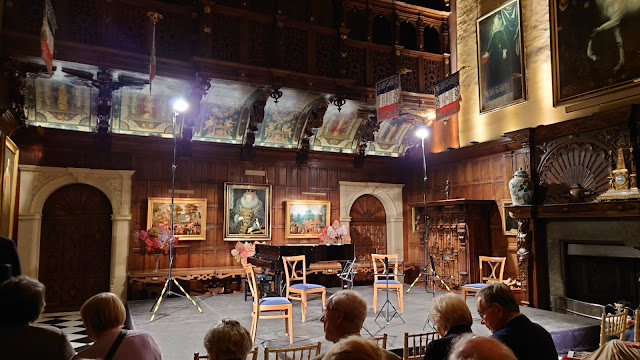 |
| Queen Elizabeth I presides over an empty stage in Hatfield House's Marble Hall awaiting the performers |
Schubert, Poulenc, traditional, Robin Holloway, Dvorak, Jessie Montgomery, JP Jofre; Adam Walker, Julian Bliss. JP Jofre, Guy Johnston, Lodestar Trio, Mishka Rushdie Momen, Charles Owen; Hatfield House Chamber Music Festival at Hatfield House
Reviewed 29 September 2022 (★★★★)
A bandoneon and two nyckelharpas alongside classical music from Schubert to Poulenc to a Robin Holloway premiere and more besides in a wonderfully eclectic start to the festival
There is an eclectic, international genre-crossing feel to this year's Hatfield House Chamber Music Festival where the festival artists include the Lodestar Trio (a collaboration between violinist Max Baillie and the Scandinavian folk duo Erik Rydvall and Olav Mjelva), veena player Nirmala Rjasekar, and Argentinian composer and bandoneon player JP (Juan Pablo) Jofre.
The festival launched on Thursday 29 September 2022 with a pair of concerts in the Marble Hall at Hatfield House. The setting has changed slightly this year, the famous Rainbow Portrait of Queen Elizabeth I, which usually sits right behind the performers, is on its travels having been lent to the Metropolitan Museum in New York, and its place taken by one of the house's other portraits of the queen.
The early evening concert on Thursday featured Jessica Duchen (narrator) and Mishka Rushdie Momen (piano) in Immortal Beloved based on Duchen's book about Beethoven. This was followed by the festival's first evening concert, an eclectic programme which took advantage of the nature of the festival with its resident artists to give us a wide ranging and varied programme that somehow worked.
We began with Schubert's Quartettsatz in C minor played by a quartet from the United Strings of Europe led by Julian Azkoul, followed by Poulenc's Clarinet Sonata with Julian Bliss (clarinet) and Charles Owen (piano), and the first half ended with a short set from the Lodestar Trio. The second half began with the world premiere of Robin Holloway's Flute Quartet with Adam Walker (flute) and the United Strings of Europe, followed by Dvorak's Waldesruhe, Op.68 No. 5 with Guy Johnston (cello) and Mishka Rushdie Momen (piano), then United Strings of Europe in Jessie Montgomery's Strum. The evening ended with the UK premiere of JP Jofre's Double Concerto for clarinet and bandoneon, string quintet and piano, played by Julian Bliss, JP Jofre, United Strings of Europe and Richard Gowers (piano).


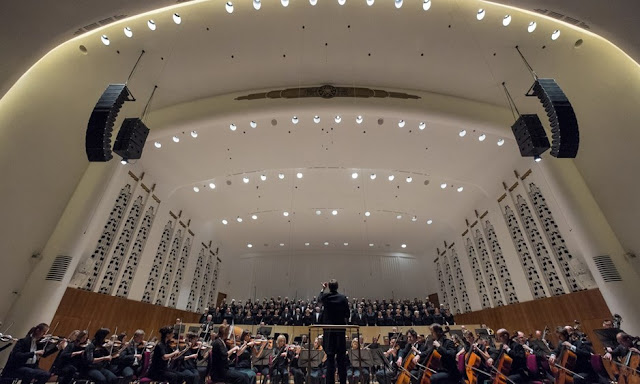
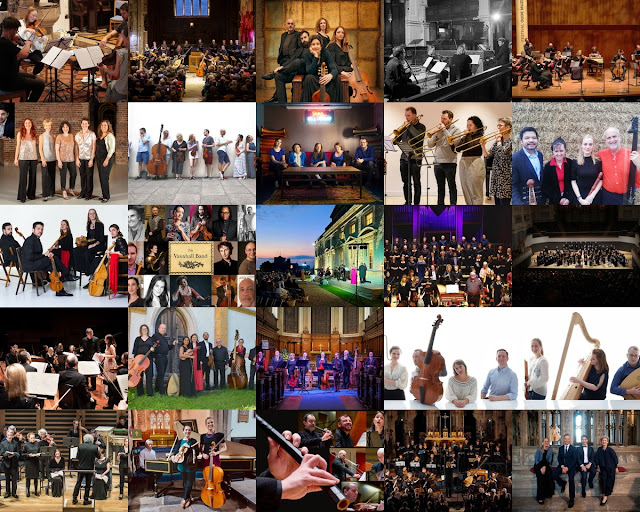
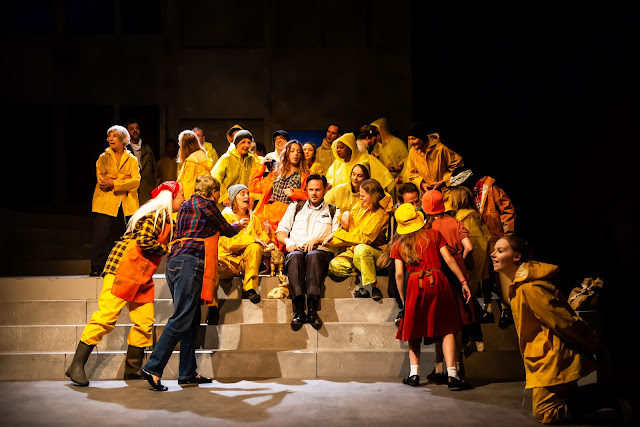
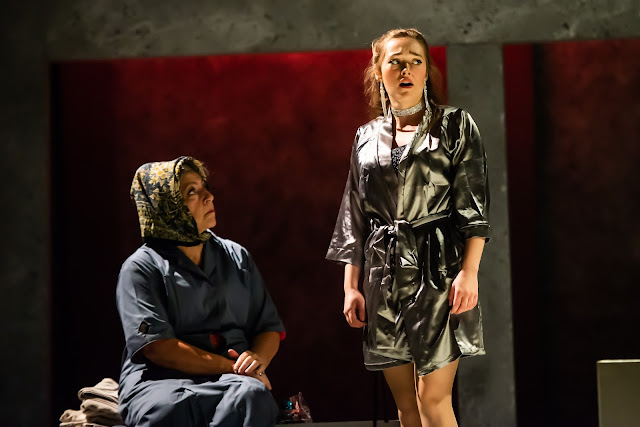



%20London%20Philharmonic%20Orchestra.jpg)
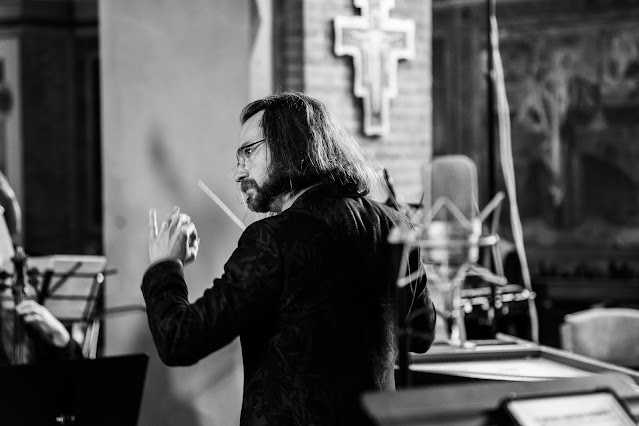


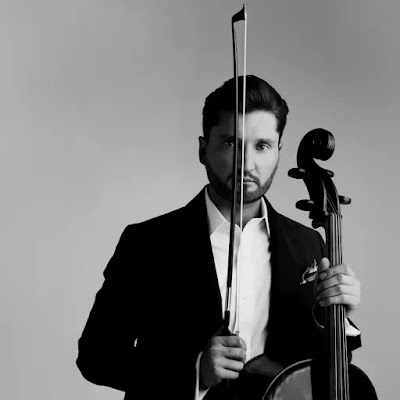
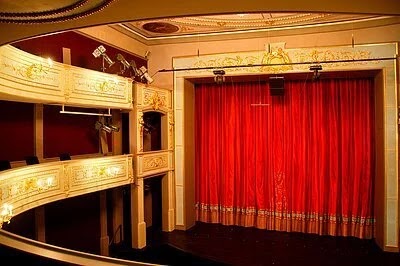
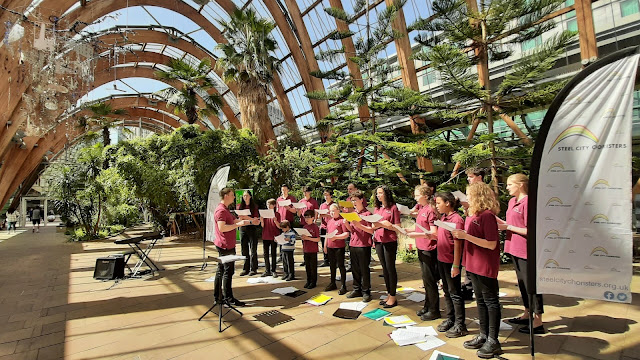



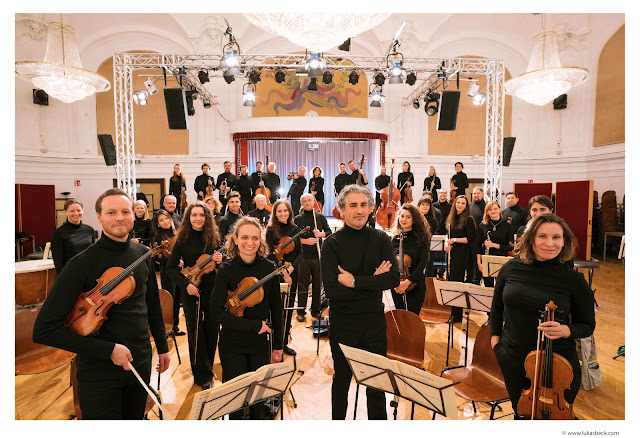

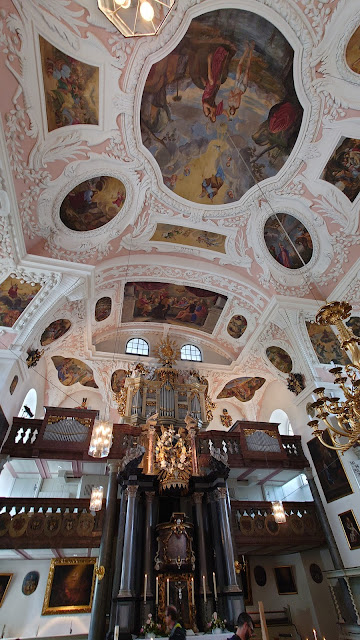
%20mit%20m%C3%A4nnlichen%20T%C3%A4nzern%20in%20Vincis%20Alessandro%20nell'Indie_Akt%202_(c)_Falk%20von%20Traubenberg.JPG)
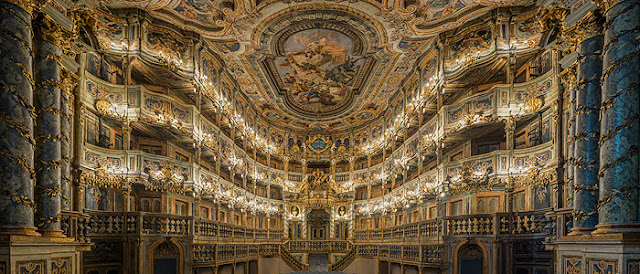
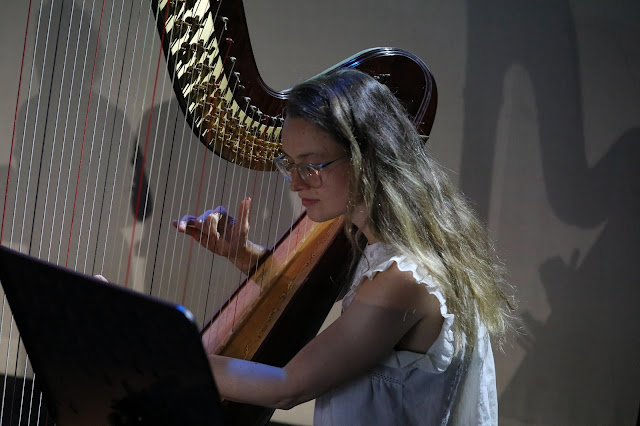
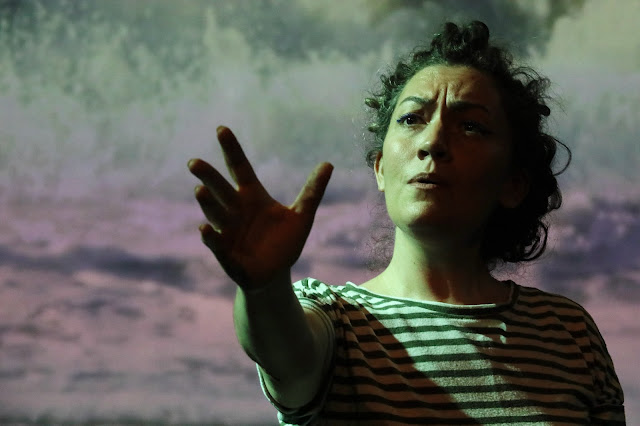

%20Ali%20Wright.jpg)

%20Ali%20Wright.jpg)





